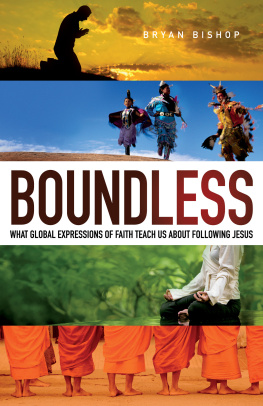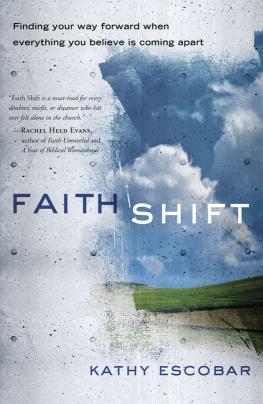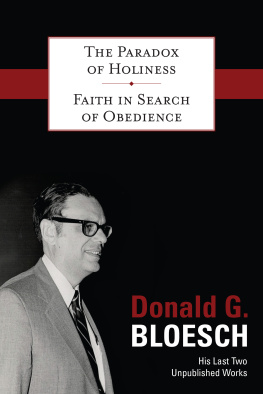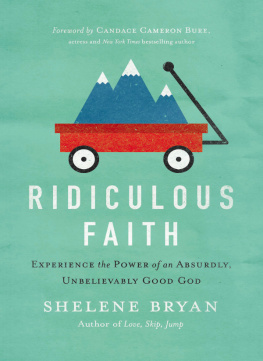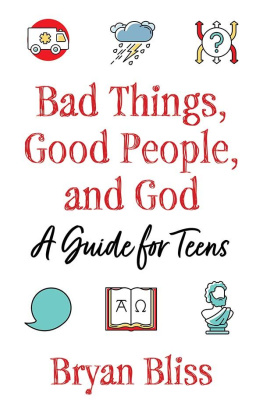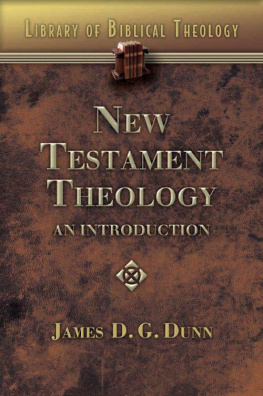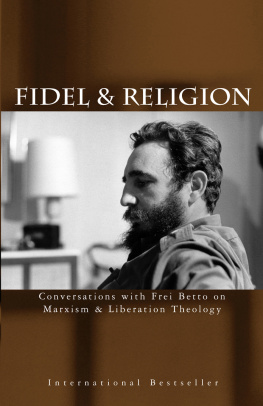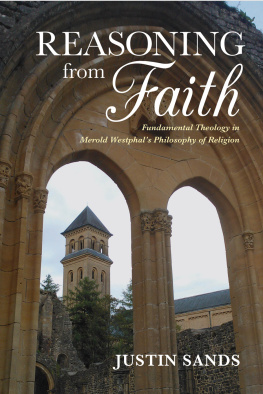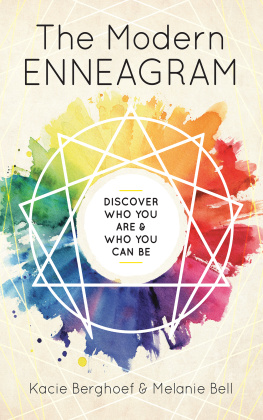Found and Lost
Reflections on the Spiritual Merits of Losing Your Way
All journeys have secret destinations
of which the traveler is unaware.
Martin Buber, The Life of the Hasidim Said
The world is a book,
and those who do not travel read only a page.
Saint Augustine
Unless we change the direction we are headed in,
we might end up where we are going.
Chinese Proverb
I recently traveled to a relatively large city that I was unfamiliar with: Belfast, in Northern Ireland. I had never been there before, so I watched a Rick Steves video on the region, perused a guidebook or two, and picked up a map of the city at the airport. All the usual things one does when entering unfamiliar terrain.
My first instinct was to chart out a plan for what to see in the city. So I made a list in my head. First stop: a used bookstore near Queens University, which was a gem of a placeold dusty books, some on shelves, some scattered haphazardly; dirty, marked-up tables with melted candles on them serving as both cafe and reading area. I nearly picked up an old Paul Tillich volume, but it proved to be out of my budget, not to mention a bit hefty to lug around the city, so I settled on a paperback for three pounds Violence , by Slavoj Zizk.
Next I wandered over to the University to sit in on a class. Somehow I ended up in a lecture for Accounting rather than Irish Culture in Art and Image (so much for planning!). Fortunately Zizk got me through the class. Then I stopped in at a pub for some food and my first Guinness in Ireland, as recommended by the guidebook. Great stuff. So far so good. All according to plan (mostly).
The next day I decided to do it a little differently. I left the guidebook in the hotel room. I refused to consult the map. I stepped out the door onto the street, and amidst the busyness of taxis, buses, and pedestrians, acted like I knew where I was going. I had no idea. I just walked. And walked. And walked. And as I walked, with no real destination in mind, I began to notice the shops, the pubs, the people. I saw several old churches. City hall. Turned up an alleyway. More shops. Should I keep going this way? I have no idea where I am. Yet as I was getting more and more lost, I felt a profound excitement this was new territory, there were places to discover, and I felt as though on the edge of discovery. This was a journey. This was living. Planned is certainly OK, but the unknown somehow allures.
Is this not true in relationships? The relation to the other, says John Caputo, is bracing but risky business. He gives an example: When you get married, you are saying I do not only to who this person is , or who you think this person is, but to whomever or whatever this person is going to become , which is unknown and unforeseen to the both of you.
I keep walking. Another street. Another small alley with stone pavers. Whats this? A pub/caf with outdoor seating. Old wooden tables. Flower beds awaiting spring. A man standing outside, smoking. I thought, Why not? and went in. Inside it was much like a traditional pub. I walk up to the bar.
Bartender: Whatll you have, mate?
Do you have coffee?
Sure, Cappuccino, Latte, Americano.
Ill have an Americanofor outside.
Right then.
I ended up having an enjoyable couple hours outside this small cafe, eating lunch, reading Zizk, and drinking good coffee. I thought to myself, What a great find this place isI need a photo. I asked the guy standing outsidestill smokingto take my picture. We started to talk. I introduced myself as Bryan, and he said, Im Brian as well. After complimenting each other on our great names, he asked why I was there, and I mentioned something about a conference on theology. Said I was a pastor. He said, I grew up strictly religious, but Im an atheist myself.
It being a Thursday, I asked him if he had a good question for my friends meeting that night at the pub back in the States. He answered by way of telling me about a book he had written: A Dream of Jesus in My Cocktail , or something to that effect (still seeking publication). Its about three missionaries to South Africa who refuse to engage in the physical and social challenges facing the people, but merely offer them the panacea of hope after this life. Then the question: Is it wrong to delude people if the delusion is serving the greater good? In his mind, the serving up of false religious hope to allow one to cope with ones present sufferings, rather than attempt to actually address them, was not only inappropriateit was immoral. Yet the church has a history of this kind of behavior, and it so devastated this man that he left his faith behind and wrote a book about it.
After talking awhile, he had to head to work. He worked for the BBC in Northern Ireland. Interestingly, his station would interview me and several others at our theological conference later in the week. He had to go, but I had the afternoon free, so I had another Americano and kept reading. Later the weather began to turn, so I decided to head out and explore a little more. I came across a few other nooks and crannies, and some that came in handy later in the week. I learned the city with my feet rather than from a book. I saw it with my own eyes, not just on TV. I got lost. And in getting lost, something was found. Here I was at a conference which was exploring new ways to articulate the journey of faith, about exploring the sometimes fuzzy edge between theism and atheism, and I run into a local man who grew up religious and thinks he has left all that rubbage behind, yet clearly has not. Here I was across the ocean missing out on my own Pub Theology gathering, while inadvertently talking theology with an Irish atheist atwhere else? A pub. A terrific discovery that could never have been planned or even foreseen.
I wonder how this relates to our spiritual journeys. My sense is that traditionally we like to go by the book. In other words, were on a journey, but the trail has already been blazed. All we need to do is look for the signposts left by all who have gone before. The discovery is all done. The theological trail has been marked. Just as there are no explorers discovering new continents on our planet anymore, so it seems there is no new spiritual territory to discover. In What Would Jesus Deconstruct? , John Caputo asks, When is faith really faith? Great question, and I dont have a simple answer for that. His response: Not when it is looking more and more like we are right, but when the situation is beginning to look impossible, in the darkest night of the soul. In many circles I have been in, we didnt let people come back who admitted to having a dark night of the soul. We needed security. Certainty. Unquestionable Truth. And we had it, or so we thought.
But I wonder what kind of a journey this really is? Caputo ponders the nature of a journey: If you knew very well where you were going from the start and had the means to get there, it would almost be like getting there before you even set out, or like ending up where you were all along. I couldnt have said it any better.
This extends not just to our personal faith lives, but to our faith communities as well. My experience in being part of starting a new church is that many people inevitably ask, So what is the long-range plan?, Whats next?, or Where is this thing going? The understood (and hoped-for) answer generally has to do with stability, growth strategy, money, perhaps even a building. My usual answer has been, I dont know exactly. We know what things we value, what kind of ethos we are seeking to have as a community, but as to how all that plays out, who knows? Indeed, who can know, as we have not yet been there. We seem to want to squeeze out any room for the Spirit, which Jesus noted blows wherever it will. We eschew the need for actual faith. We want to know if were investing in something that is going to make it, or headed for success, otherwise well invest our time and energy elsewhere. So much for risk. So much for faith. Caputo puts it this way: The more credible things are, the less faith is needed, but the more incredible things seem, the more faith is required, the faith that is said to move mountains. Faith is scary, even dangerous, and it is a platform such as Pub Theology that allows some of us to explore the boundaries of the familiar, to edge into that dark and scary territory that is the unknown.


